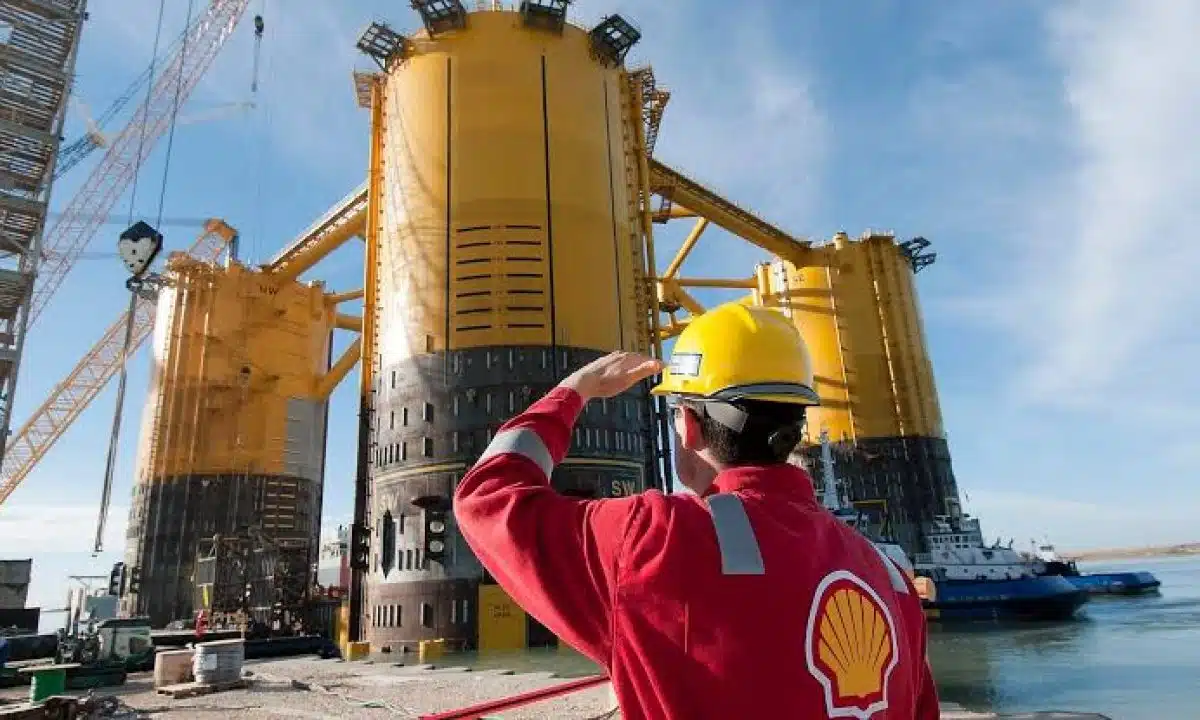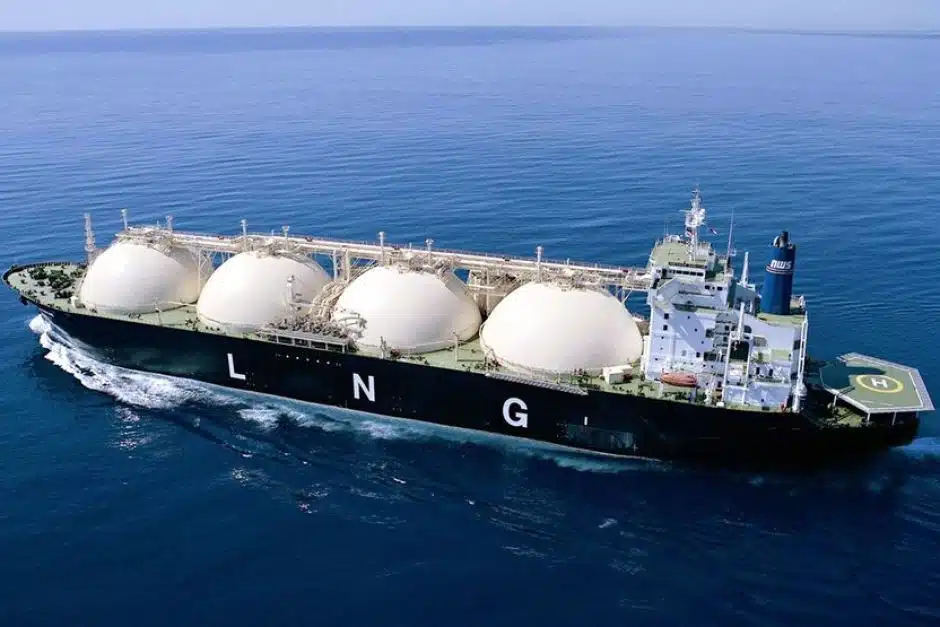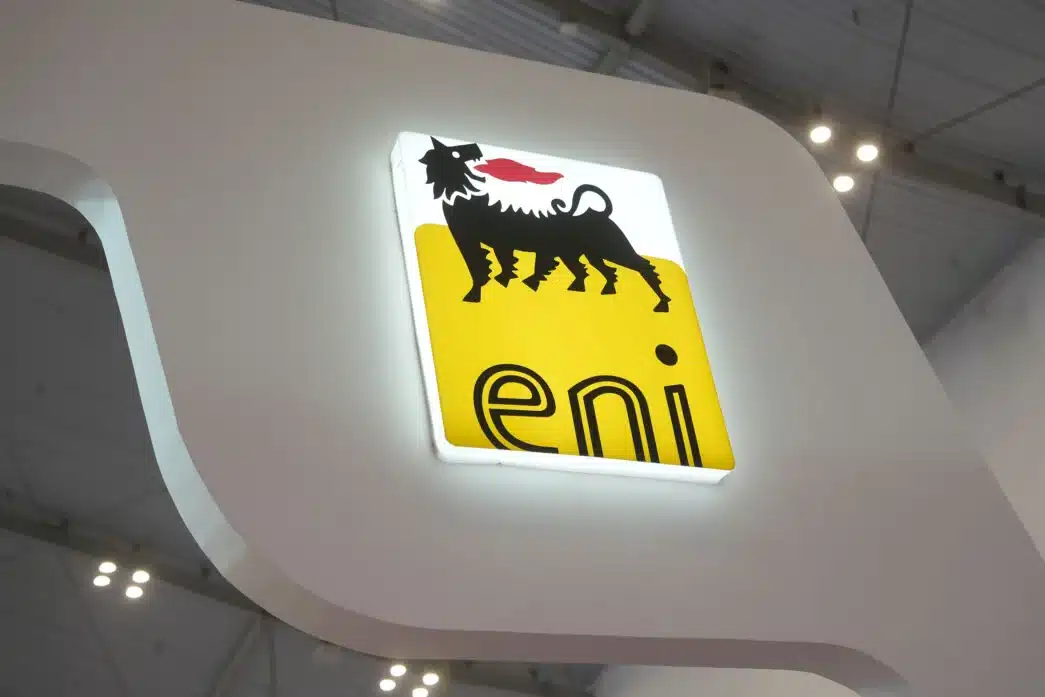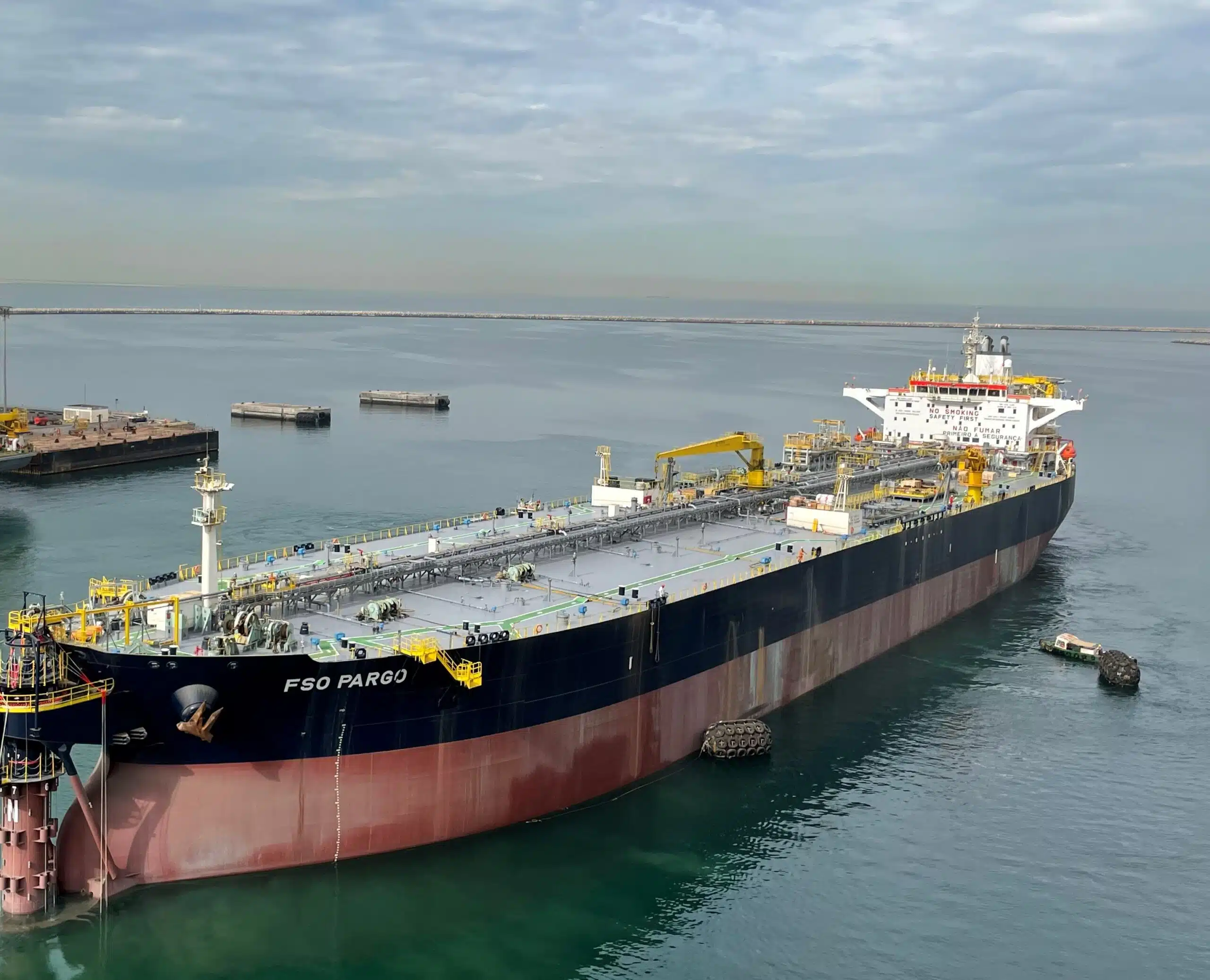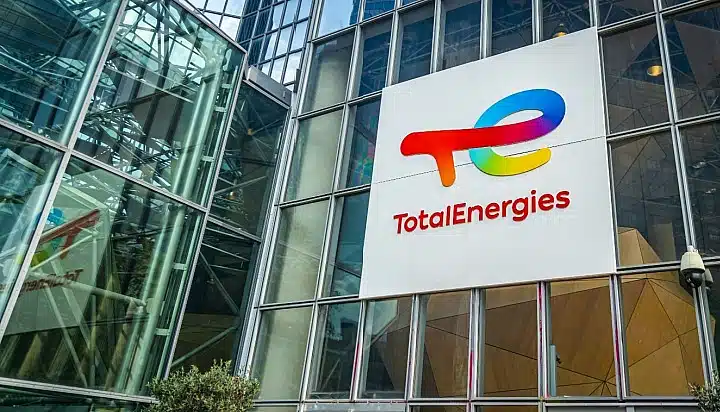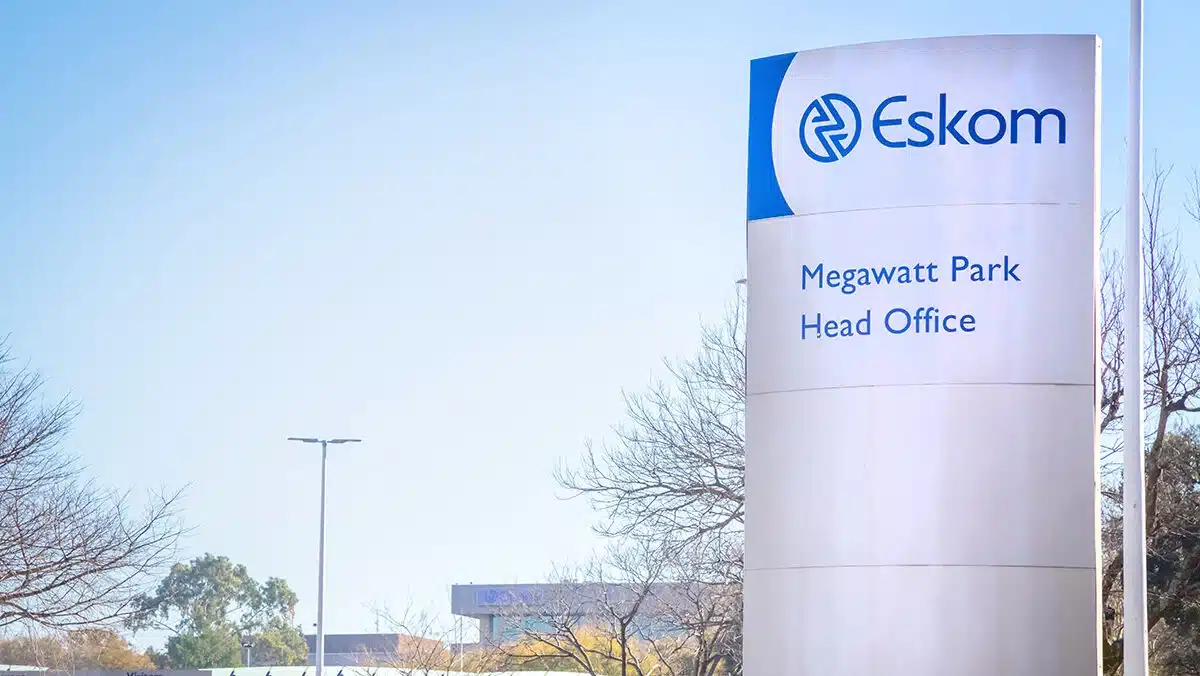The Chief Executive Officer (CEO) of Shell Plc, Wael Sawan, has said while the oil company continues to monitor developments in Namibia’s oil sector, the country is no longer one of its top priorities for exploration spending.
Sawan made this disclosure in a statement, adding that the company is taking a cautious position given the global energy shift.
The CEO said the company is now being selective about where it invests, and Namibia is not currently on the list of areas where major new funding is being directed.
In January, Shell wrote down $400 million in its oil exploration activities in Namibia after its unable to confirm commercially viable oil in an offshore block known as block PEL39.
Sawan said the company has shifted focus to areas where it already holds assets and has a proven track record, such as the Gulf of Mexico, Malaysia and Oman.
“Of course you know we have Namibia. There we are looking at what others are doing, continuing to learn and positioning ourselves in case something interesting comes up,” Sawan added.
Change in exploration department
Meanwhile, this development is coming on the heels of Shell’s shuffle of its exploration department, prompting a review of its development portfolios.
In mid 2024, Shell had earlier declared plans to cut its workforce by 20% as a result of this management overhaul.
The oil major also said the restructuring in the exploration and wells development and subsurface units will see hundreds of job cuts around the world.
Speaking on the development, Sawan said the new department had reviewed that the exploration efforts in the country had not yielded as much as it anticipated.
“I think our exploration programme is right at the moment. We went through a significant reset of our exploration department capability because the hard truth is while we have had some good progress in certain areas it hasn’t delivered what we had wanted,” Sawan said.
Shell operates the PEL 39 licence off Namibia’s southern coast, which covers 12,000 square kilometres.
Since the Graff-1X discovery in 2022, the company has drilled nine wells in the block, including Graff, Jonker and La Rona.
Some of these have encountered hydrocarbons, but Shell says technical and geological challenges prevent confirmation of commercial viability at this stage.
Shell holds a 45% stake in the licence, alongside QatarEnergy with 45% and Namcor with 10%.
“We have some exciting wells coming in the next I’d say six to 12 months which I’m looking forward to seeing what we come out of that, while always recognising of course exploration we play the long game,” Sawan added.

